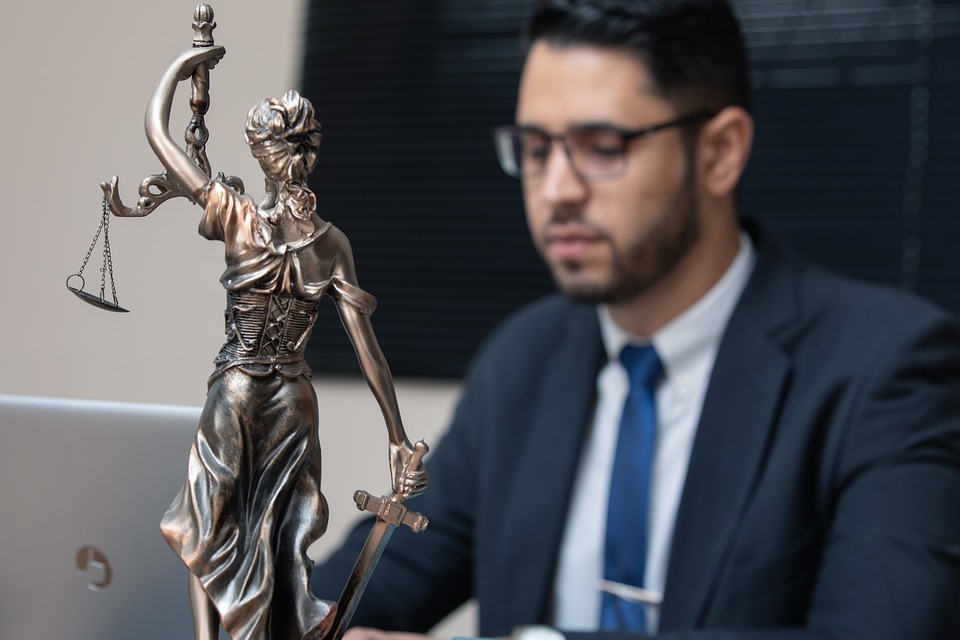Commercial lawyers are those who deal with legal issues in the commercial field. They are involved in transactions, motions, sales actions, and legal problems of a company.
What Does a Business Lawyer Do?
A business lawyer has responsibility, power, and in-depth knowledge of businesses. Their job is to help them with business transactions, ensuring that agreements and contracts are legal. Many of their duties revolve around drafting contracts and analyzing the terms of agreements.
Among other things, a business lawyer is well versed in financial matters, economic litigation, and legal issues. He usually has extensive experience in drafting contracts, mergers, and acquisitions. They also deal with employee agreements and various negotiations.
Like all other lawyers, some work through a firm, others are hired exclusively through a company. These legal professionals are licensed and have passed the bar exam with all the rights and duties of other legal representatives.
Other duties and responsibilities of a business lawyer include filing motions or taking legal action when the business has been harmed.
The primary mission of a business lawyer is to protect the best interests of the company they work for. This may mean a lawsuit against an individual, but most of these claims are against other companies that have caused economic or financial damage. Also, some litigation is launched against an individual who has attempted to undermine the company’s business. This may involve compensation or a cease and desist order.
Duties and Responsibilities of a Business Lawyer
In addition to reviewing company documents and analyzing contracts, this legal representative often spends a great deal of time avoiding problems. Indeed, the business world is vast, and it is essential to understand that laws are constantly changing. This means that the lawyer is required to prevent the company from violating various laws and rules.
A Business Lawyer Is Also Responsible for:
- ensure the success of a business project involving the merger of two companies
- acquiring a new project,
- negotiate for the owner in some way
- change the structure of the company’s internal processes,
- collaborating with other lawyers if necessary.

What Makes a Great Business Lawyer?
It is essential to have these people as allies to ensure that transactions are protected, and that documentation is valid and legitimate. In this way, disasters can be prevented, and litigation avoided.
To practice effectively, the lawyer must develop a good knowledge of business law, current trends, and legislative and regulatory developments. In addition, he must be familiar with the corporate and commercial laws of other countries where his clients are established or seek to invest.
Also, the business law profession requires strong communication and negotiation skills. An excellent academic background, ability to think outside the box, exceptional analytical skills, and meticulous attention to detail are essential.
Teamwork is also an essential feature of most corporate transactions. A business lawyer often involves working and collaborating with professionals from other industries who share a common goal. Therefore, their interpersonal skills must be first-rate. In other words, a good business lawyer is both ambitious and challenging and relentless in their pursuit of goals.

